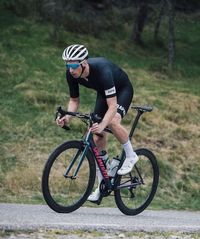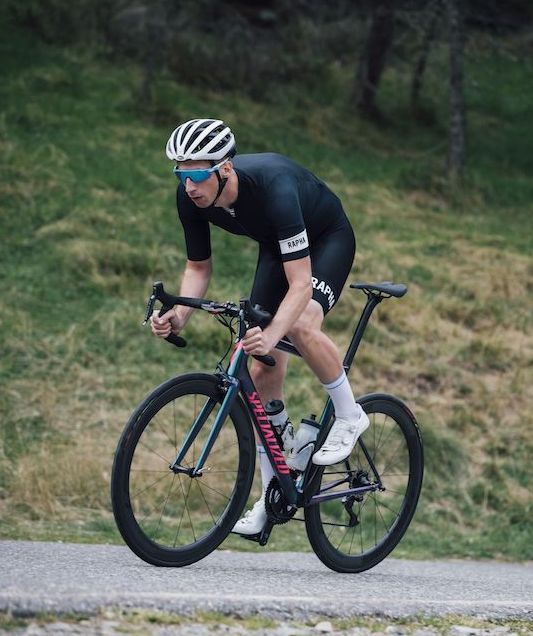Climbing Everest... in Wiltshire
Swindon cyclist Matt Farmer needed a unique challenge that would grab attention and test him to his limits to raise money
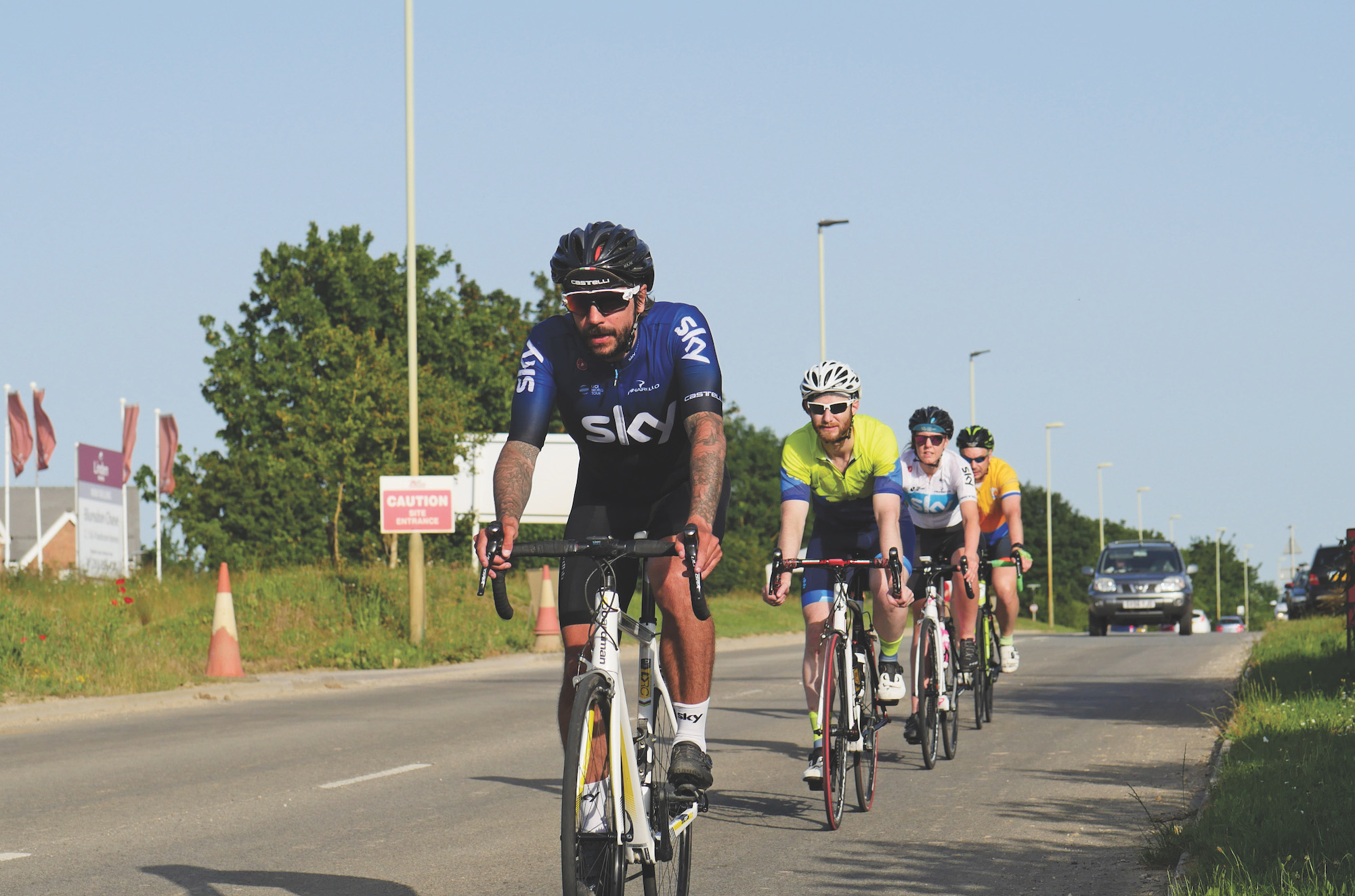
Promotional feature with Alzheimer's Research UK
The cycling challenge with a difference. Cycle on your own, but not alone, between 1 April and 30 June and show dementia what you’re made of! Click here for more info
Everesting is a simple concept – by repeatedly climbing just one hill, you ascend the same height as Mount Everest, in one ride, with zero sleep. “The thing that drew me to Everesting, is it was a challenge no one I knew had completed. I wanted to be the first one in the area to do it,” Matt Farmer from Swindon Recycles RCC explains. “I wanted to do something challenging as it was for charity. There’s no point doing a 50-mile ride if I do that every weekend. I wanted something punishing.”
Farmer raised funds for Alzheimer’s Research UK because of the direct impact Alzheimer’s disease has had on his family. “My grandad died in 2013. He had Alzheimer’s disease for the last few years of his life, and my other grandfather has early signs. It doesn’t affect just the individual, but everyone around them.”
Once he had decided on his challenge, Farmer set out a training plan that targeted the demands of Everesting. He says: “I stuck to doing my club rides and regular weekly routine for the mileage, but added in a lot more hill training, fitting in lots of hills in short distances.”
Repeating the same climb over and over again puts a mental, as well as physical, strain on riders. “I used Zwift to help with the mental challenge. Staring at the same walls for three hours or more helped me to see how that repetition would affect my mind.”
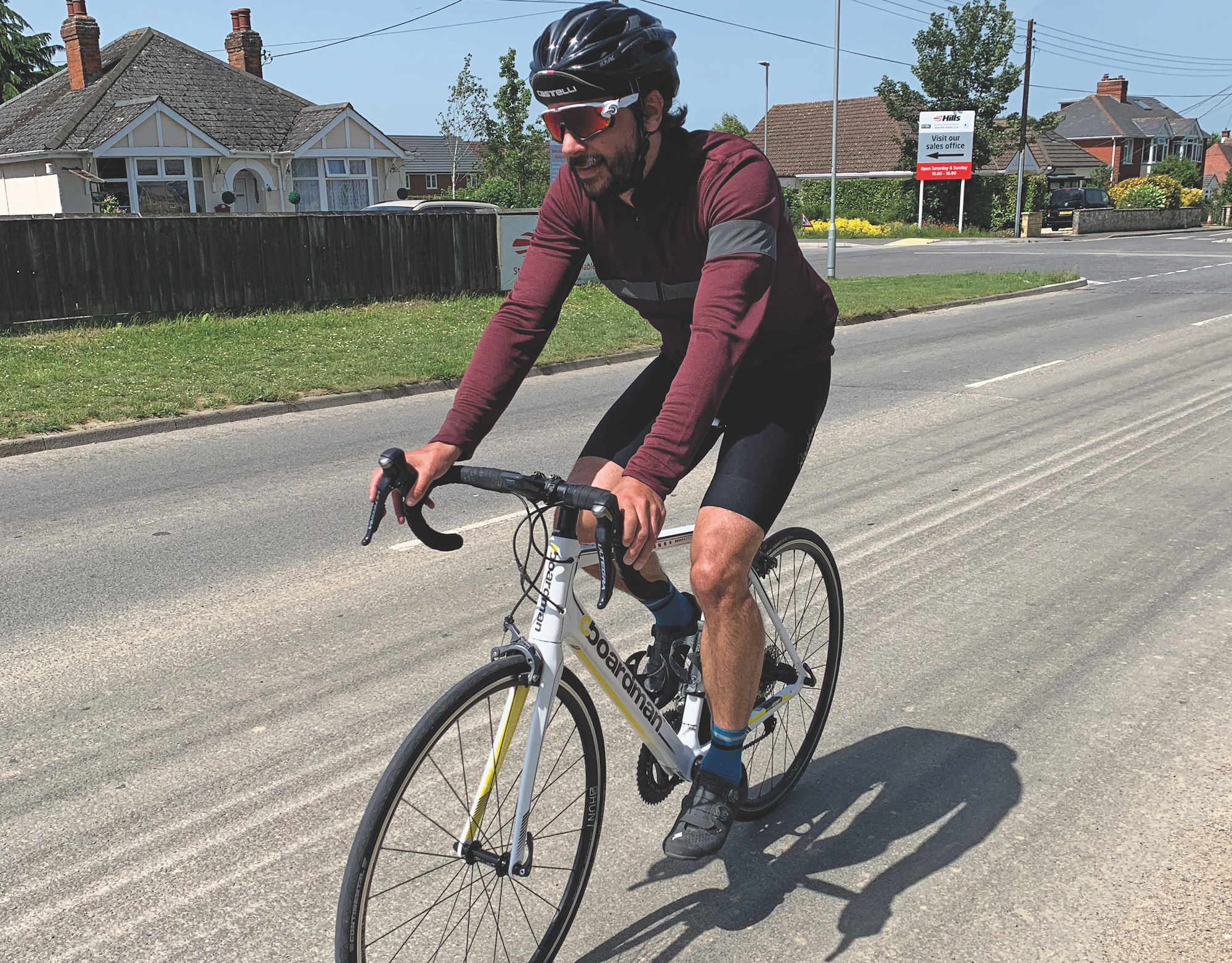
His next stage was to choose a hill. He adds: “Everything I’ve seen on Everesting suggests there is no perfect hill, so I chose the hill nearest to my house. I could have gone further from home and done a hill that was longer and steeper, meaning less reps, but it would have been further from home if I’d had a mechanical.”
The gradient of his hill averaged 5.9 per cent and was half a mile from start to end. He says: “To do an Everest you need to go on Strava and create a segment. I used a bridge at the bottom and a signpost at the top end of the segment. I needed visual markers that were easy to remember and I always went past them slightly to ensure each rep counted.”
Choosing a hill yards from his front door meant he was able to train on it. “I knew every bump and pothole – I’ve now cycled it over 400 times!”
Farmer adapted his training pattern to make best use of it. He goes on: “I would go out and do an hour’s rep on it. This then increased to two or three hours. I then started doing it at different times, to see how my body would feel at unusual times of the day or night, or if I was feeling a lot more tired in the evening after working all day.”
Planning, as with everything, is key to success. “I had a good support network ready to join me on the hill. Their most important job was ticking off how many reps I had done and helping me to stick to my nutrition plan. I had set out a plan but I needed them to remind me when to eat those things.”
As with any endurance challenge, pacing is important, as he says: “I had a power meter on my bike. I worked out what I needed to sustain on the day so I was always sat under my capable limits. That way I could make sure my legs and body would last.”
With a plan and his support crew in place, all Farmer had to do was concentrate on going up and down the hill.
His attempt took place on 28 June 2019. He recalls: “I started at 6am on a Friday and by early afternoon it was clear it was going to be the hottest day of the year. I could feel I was losing a lot of salt and starting to cramp up.”
Despite his careful nutrition and hydration, cramp began to severely affect his attempt.
“From about 4pm-7pm my performance level completely dropped. Mentally I was struggling. At that point I had another six to eight hours to do. I knew I was going to finish, but I was way off target. I couldn’t see how I could overcome the cramp.”
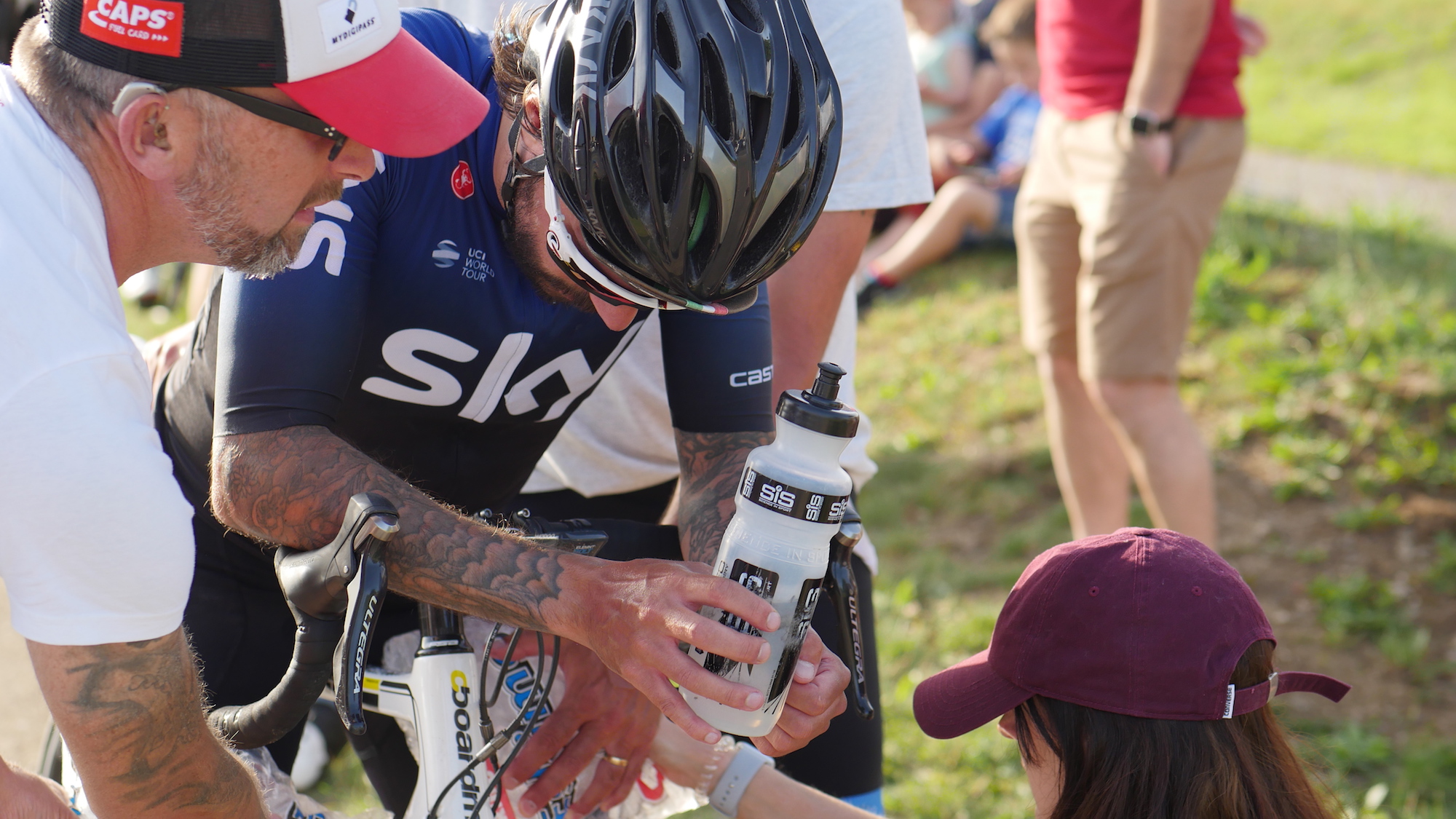
At that point, help arrived in the shape of Farmer’s dad. “My dad is a runner and a big believer in salt tablets. Although I was using electrolyte drinks, I’m a big sweater and I could see the salt marks on my jersey.”
In hindsight he says: “Of all the things that could have stopped me completing it, I think cramp could have been it.”
Once he had taken on the extra salt tablets he was able to get back to the plan.
He says: “It was a game-changer, the cramp went and my motivation went back up. It was an amazing transformation.”
A cool bath and change of bibshorts and Farmer was set for the final push. He finished late in the night, with a final rep count of 172 and a total altitude gain of 30,302 feet.
He laughs: “I don’t need to look up the figures, they are tattooed on my calf.
“I am the 3,368th person worldwide to do it and the first person to do an Everest on a hill in Swindon.”
They say
‘I’m sure having the memories of his grandfathers helped his motivation’
Julia Sobik, Head of Sporting Events at Alzheimer’s Research UK – the country’s leading dementia research charity
“Matt did an outstanding job of raising funds for groundbreaking dementia research in memory of his grandfather, who died in 2013, and in support of his other grandfather, who is living with the early signs of Alzheimer’s disease.
“Dementia affects a significant proportion of the population – more than half of UK adults know someone with dementia. Matt is really open about discussing the impact of Alzheimer’s on his family, which helped many people connect with and understand why he was taking on this challenge.
“By taking on a genuine challenge and something that not many people do, he was able to get the support of his local press and social media. Choosing a hill close to his home meant he could involve his whole community, including his cycling club and his work colleagues.
“Everesting is one of the toughest cycling challenges around, but I’m sure having the support of his many sponsors, and the memories of his grandfathers, really helped his motivation and contributed to his success.”
It worked for me
■ Training regularly on the attempted climb at different times of day meant I knew how my body would feel and react.
■ Using a climb close to home meant I had access to support if I had a mechanical or nutrition problem.
■ Stopping in the evening to bath and change my kit refreshed me for the final part of the challenge.
■ Having a support team to count my reps and remind me of my nutrition plan meant I only had to focus on riding my bike.
■ Clear visual markers for the start and end of segments made it easy to know every rep had been counted.
■ Being joined by other riders for parts of the attempt relieved the boredom and kept my mind off the actual cycling.
■ Raising money for a charity I believe in. It was at the forefront of my mind throughout the challenge. My grandfathers have had a huge impact on my life growing up.
The latest race content, interviews, features, reviews and expert buying guides, direct to your inbox!
Follow on Twitter: @richwindy
Richard is digital editor of Cycling Weekly. Joining the team in 2013, Richard became editor of the website in 2014 and coordinates site content and strategy, leading the news team in coverage of the world's biggest races and working with the tech editor to deliver comprehensive buying guides, reviews, and the latest product news.
An occasional racer, Richard spends most of his time preparing for long-distance touring rides these days, or getting out to the Surrey Hills on the weekend on his Specialized Tarmac SL6 (with an obligatory pub stop of course).
-
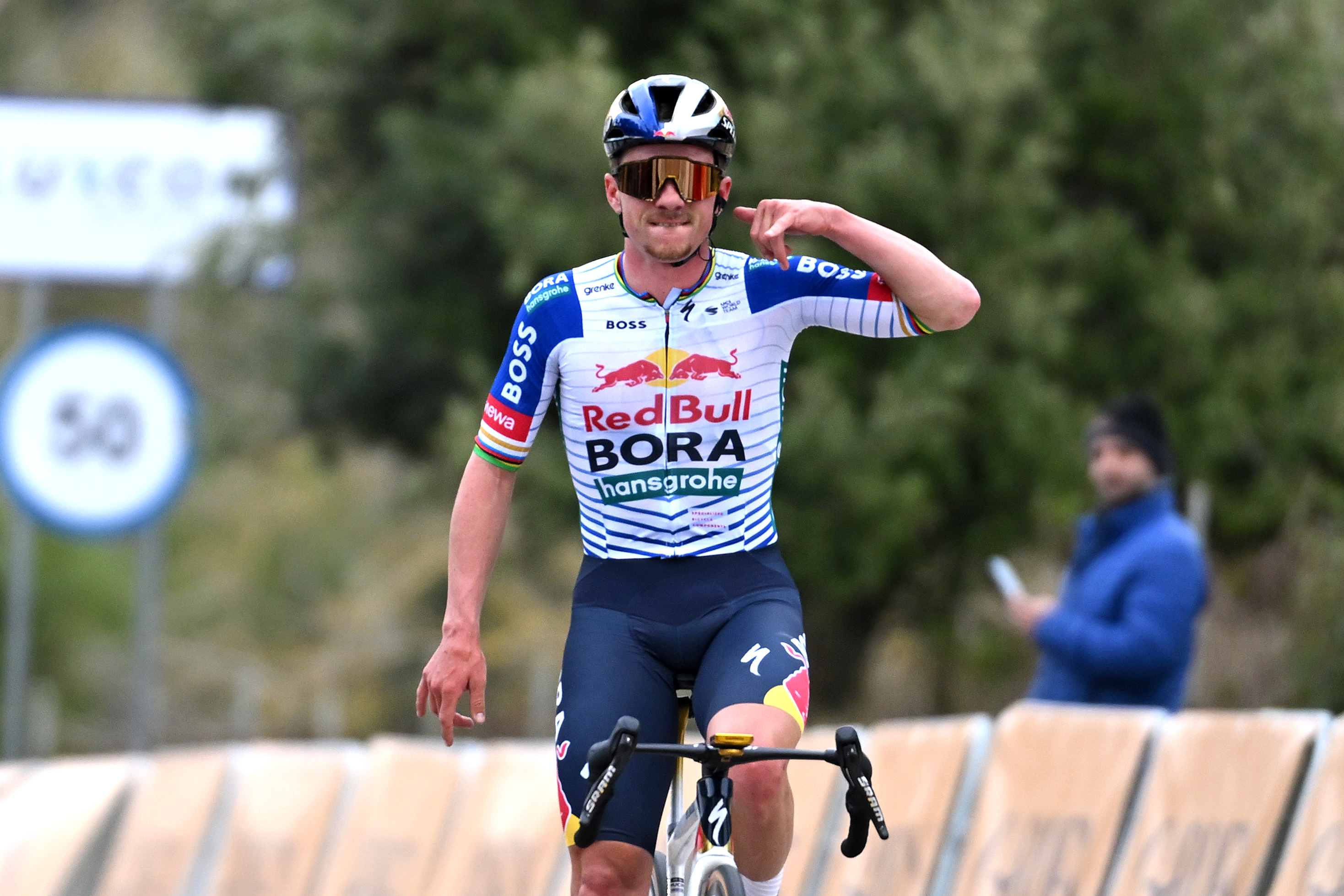 'It's great to start like this with a new team' – Remco Evenepoel wins for second day in a row as flying start at Red Bull-Bora-hansgrohe continues
'It's great to start like this with a new team' – Remco Evenepoel wins for second day in a row as flying start at Red Bull-Bora-hansgrohe continuesBelgian wins Trofeo Selva – Santuari de Lluc at Challenge Mallorca
-
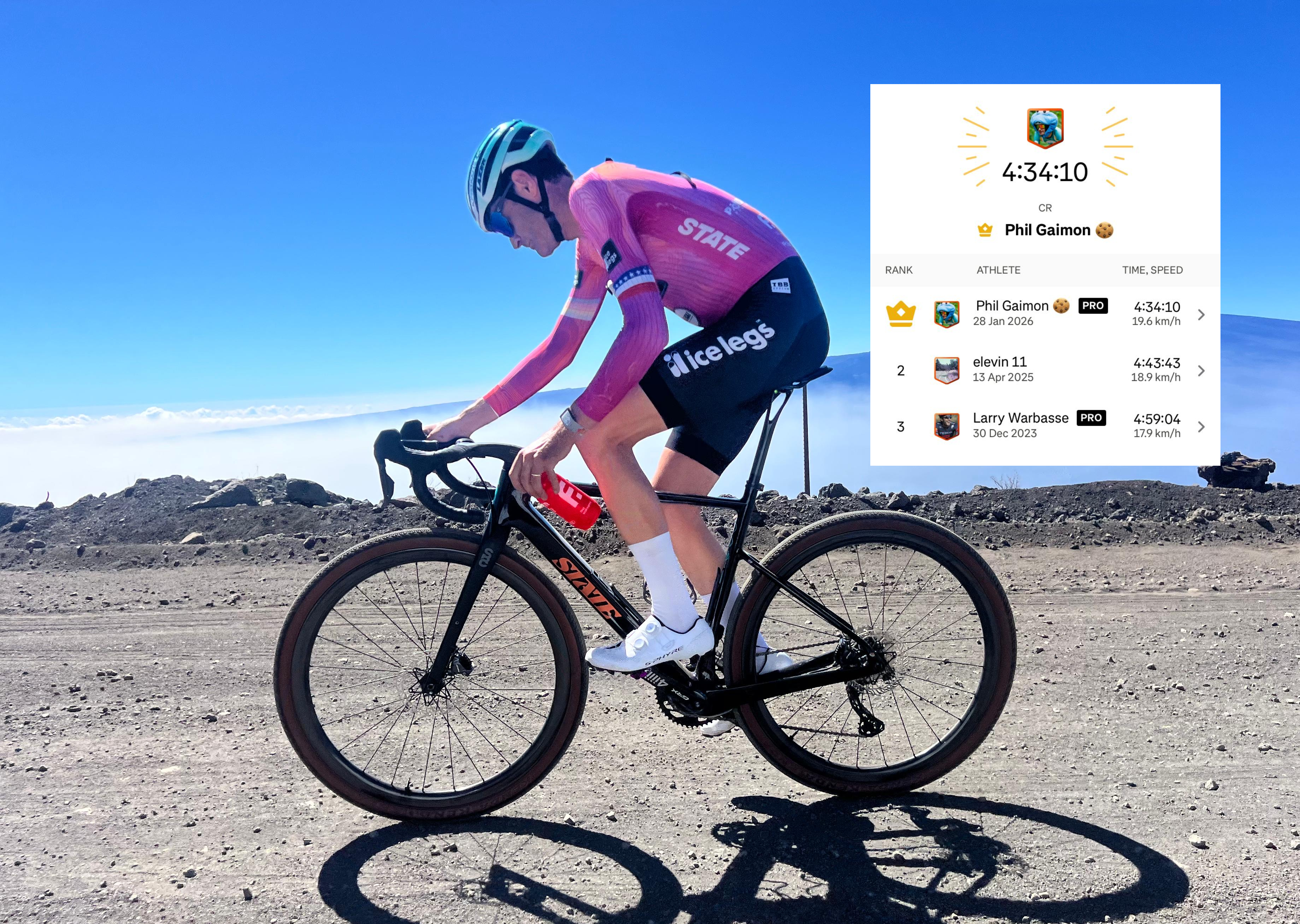 'There's no climb even close to this tough' – former US pro wins back 90km Strava KOM on world's hardest climb
'There's no climb even close to this tough' – former US pro wins back 90km Strava KOM on world's hardest climbPhil Gaimon claims Mauna Kea crown for a third time
-
 Does lack of sleep make you slower?
Does lack of sleep make you slower?How you can get stronger as you slumber: The science of sleep
-
 How cycling comfort can improve your ride
How cycling comfort can improve your rideChamois cream is serious business, it’s the closest thing to you yet until now there was little research on the topic.
-
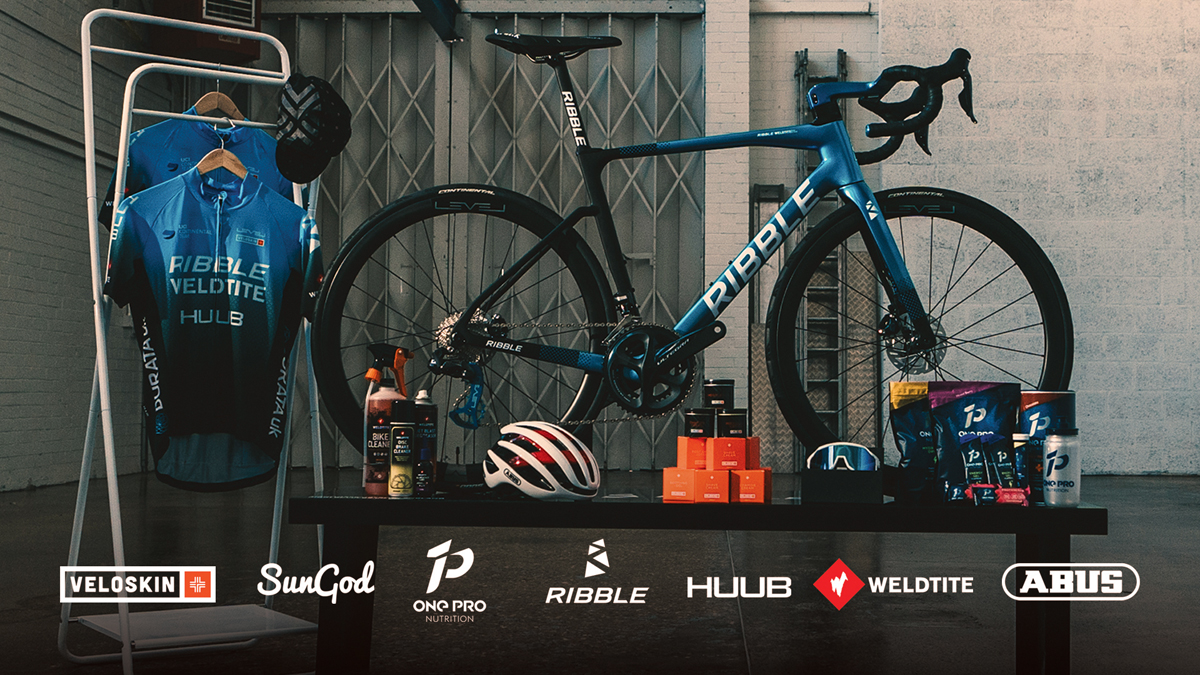 WIN a Ribble Weldtite team rider bundle worth over £7,500!
WIN a Ribble Weldtite team rider bundle worth over £7,500!Win big with the Ribble Weldtite team
-
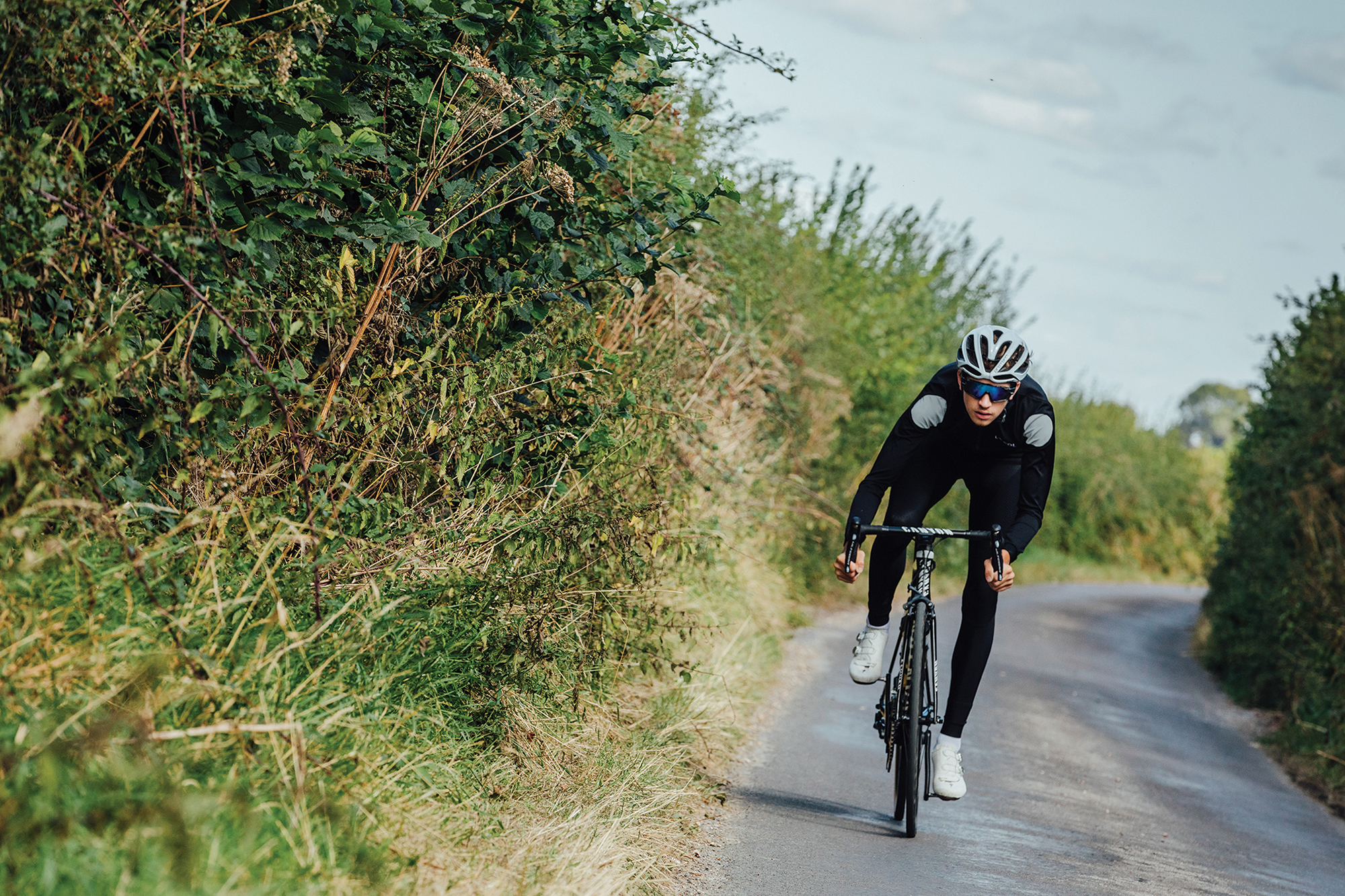 Why getting cycling insurance should be your next essential purchase
Why getting cycling insurance should be your next essential purchaseGetting complete cover can put your mind at ease whenever and wherever you're riding
-
 MET unveils Codatronca short tail helmet to help more riders reap rewards of aero tech
MET unveils Codatronca short tail helmet to help more riders reap rewards of aero techThe Codatronca will suit riders tackling undulating or hilly courses as well as those who struggle with head position
-
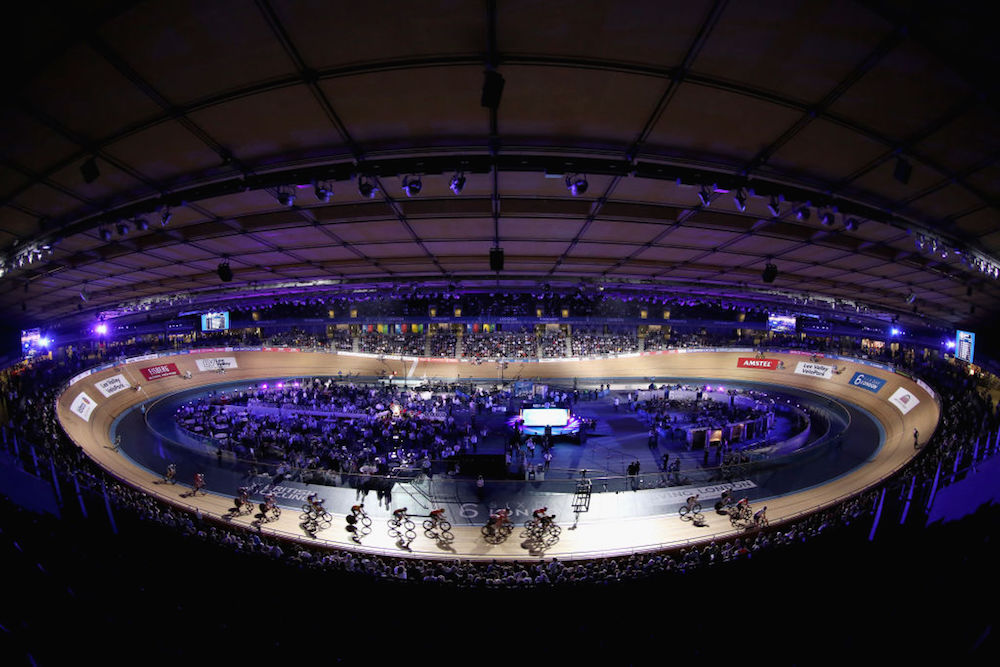 Six reasons to attend the London Six Day
Six reasons to attend the London Six DayThe opening event of the track series returns to the Lee Valley Velodrome - this is why you should go
-
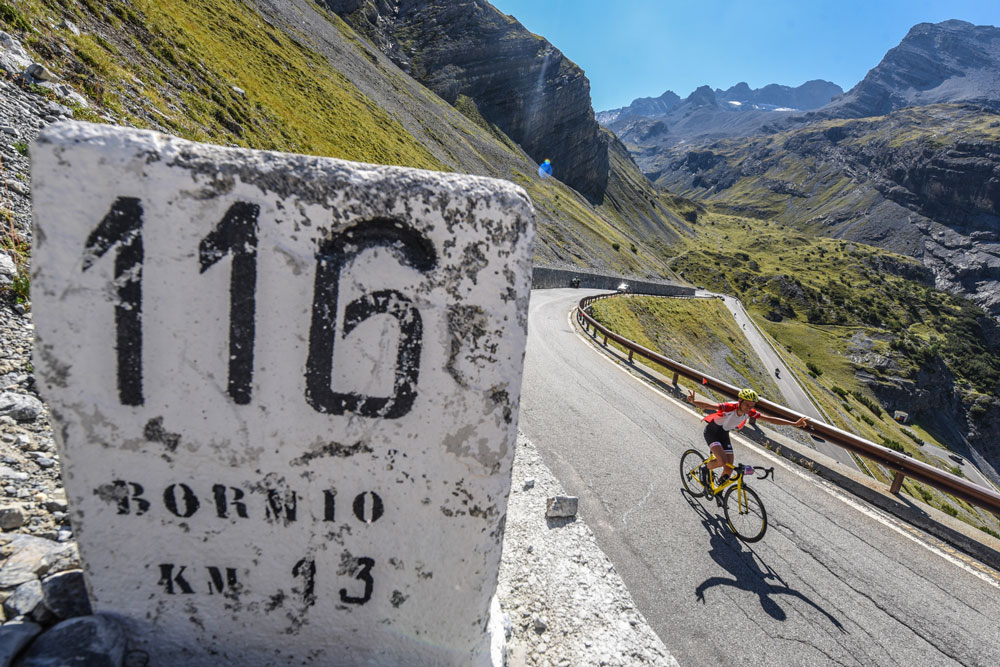 Haute Route Infinity Pass: enjoy unrestricted access in 2019 for the cost of one seven day event
Haute Route Infinity Pass: enjoy unrestricted access in 2019 for the cost of one seven day eventHaute Route lets you ride like a pro as you tackle epic routes in Europe, America and the Middle East – and with the new Infinity Pass you can access all 13 global events for just one entry fee
-
 Cycle d’Oc: It's not just about the bike
Cycle d’Oc: It's not just about the bikeFantastic riding and food at the Cycle d’Oc gusthouse in Languedoc
